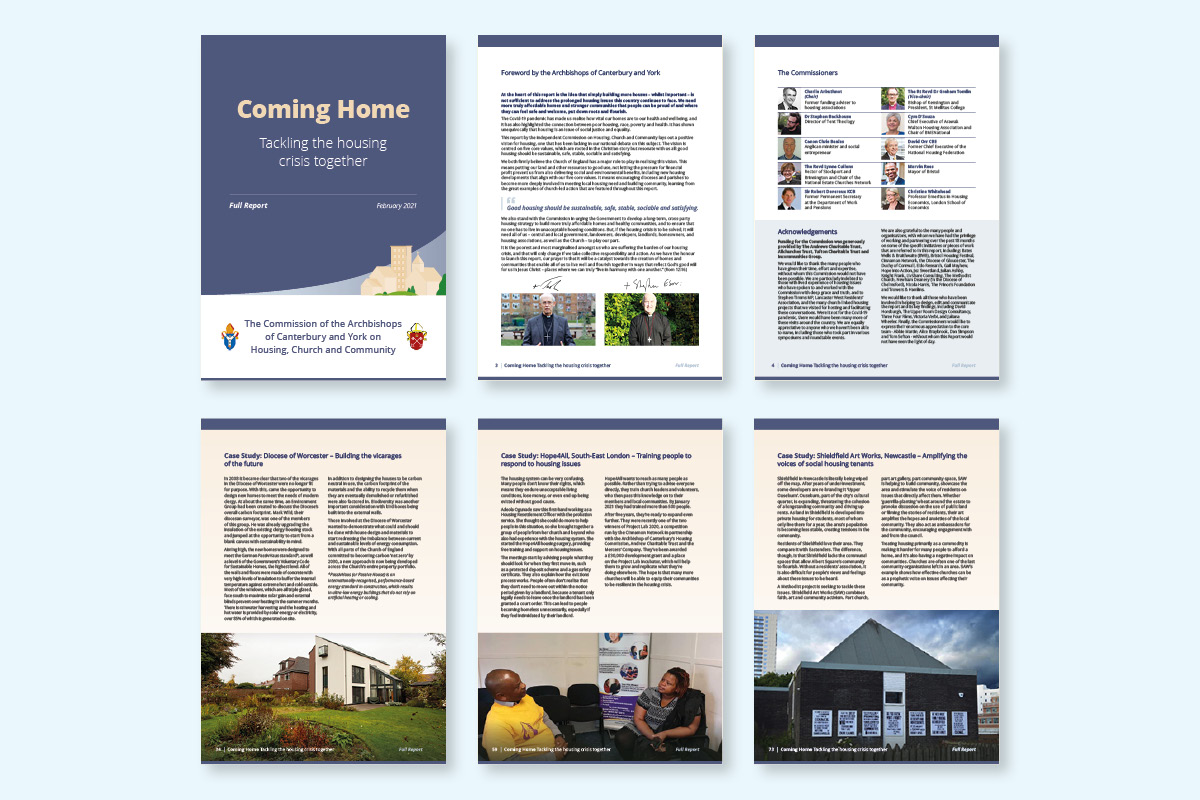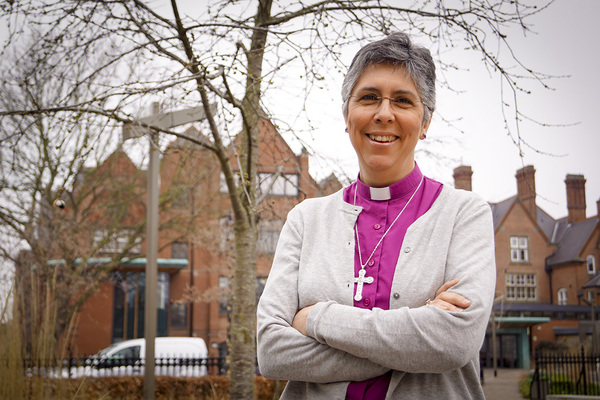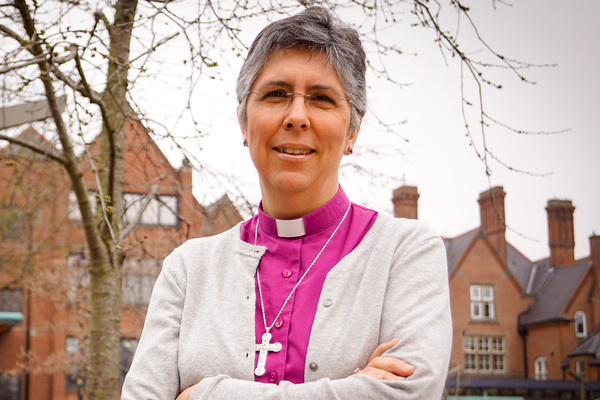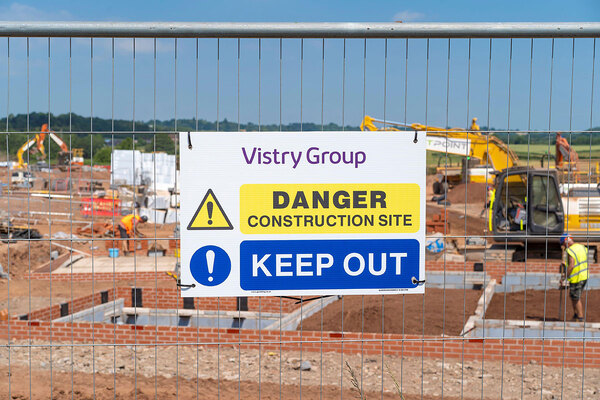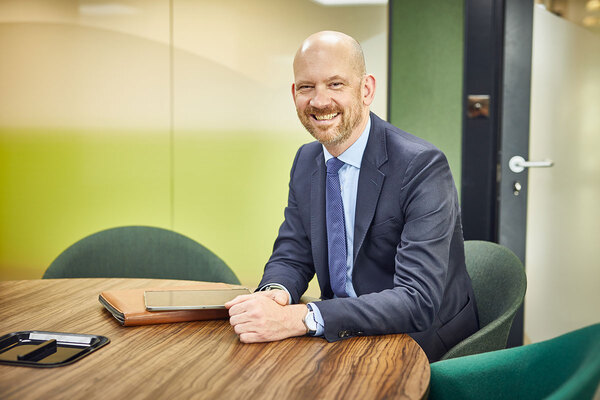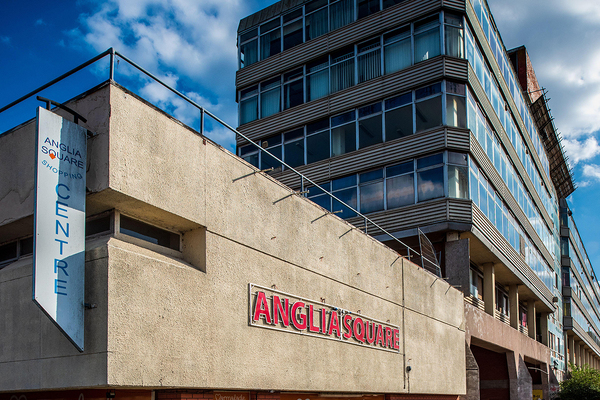You are viewing 1 of your 1 free articles
The Thinkhouse Review: the research that should see the Church of England become the exemplar housing market actor
If you read one report from the past month, make sure it’s the report from the Church of England’s housing commission. This is one of the most thoughtful, bold and robust pieces of work I’ve read in a long time, writes Kerri Farnsworth
This month, in a change from usual, this article will focus on just one piece of research that absolutely stood out. The report is by the Commission of the Archbishops of York and Canterbury on Housing, Church and Community, titled Coming Home: Tackling the Housing Crisis Together.
This is a detailed but inspirational read, drawn from engagement and research not just within the Church’s own communities, but with more than 100 housing market stakeholders, as illustrated by the independent ‘thinkpieces’ from key industry players woven throughout the narrative.
It sets out a ground-breaking vision, with elements that can be adopted by all other housing stakeholders.
Not only is this report a bold statement of aspiration, it is surprisingly frank in its views. It calls the system of building control and building standards in the UK “deeply flawed”, with a “culture focused on price”, where “homes are generally built to the lowest standards and cost-cutting is rife”. It criticises the lack of progress on climate change in the past five years, citing the lack of co-ordination in government and lack of strong enforced standards (eg Energy Performance Certificate ratings for new homes show that only 1% are ‘zero carbon’). It berates the short-termism and policy mis-steps within government: “Simply building more homes without regard to whether people can afford them will not solve the housing crisis,” it asserts, and calls for a “coherent and sustainable 20-year, cross-party strategy that responds to those in greatest need”.
It is also blunt in its conclusions: the UK housing crisis is “neither accidental or inevitable”, driven at its heart by a “lack of truly affordable housing”, and that there must be “a willingness to share the costs” of solving this crisis by every actor in the market – public and private landowners, government, investors, developers, contractors and even existing homeowners.
From government it calls for:
- A substantial increase in capital investment to create truly affordable housing, with restoration of Local Housing Allowances to at least local median levels
- A phased reduction in the price of land
- Reform of the UK social security system, which at present “fails to provide adequate housing support
for a large number of low-income households” - Reform of private rental sector legislation to provide tenure security, with a duty of care on landlords
- Improvements in temporary housing
- 100% funding for the immediate removal of all unsafe residential cladding (as used on Grenfell Tower)
The report acknowledges the Church of England’s duty and role in housing the nation, and substantiates this with a set of innovative and detailed commitments.
First, the Church recognises its unique position, which it can use to respond “creatively” to the specific challenges of a community, and to become a role model for other landowners to follow suit. It owns 200,000 acres of land assets across 42 dioceses in England, and is an active, ongoing stakeholder in all communities, including in 25% of primary schools and over 200 secondary schools.
It sets out how it will use the 200,000 acres to create homes that meet five “core values” – that they are safe, secure, sustainable, sociable and satisfying.
The report includes a framework for translating these values into action, including key performance criteria, which it states can be adopted by other market players. It says the Church will pivot to favouring development on its assets that align with these values. Advisors have been appointed to undertake a strategic review of how this can be best achieved in the longer term.
To prepare for this, Church commissioners have signed the Financial Reporting Council’s ‘UK Stewardship Code 2020’. This incorporates two sets of ‘apply-and-explain’ principles – one for asset managers and owners, and one for service providers – based on environmental, social and governance issues to create the highest standards of stewardship, which is defined as “the responsible allocation, management and oversight of capital to create long-term value for clients and beneficiaries, leading to sustainable benefits for the economy, the environment and society”.
To implement this proposal, the most critical change required is in the Church’s existing legal framework, the Charities Act 2011. The report details a proposal to add a new “social disposal power”, which will allow the Church to sell assets for environmental and social benefits, not just economic as at present. A white paper recommending this is to be put to the General Synod in 2021, and if passed, will be put to parliament.
These strategic actions are augmented by “frontline service” changes within the Church. The report commits to establishing a new chaplaincy for housing; to training clergy and lay activists in housing-related matters to facilitate a greater involvement in local tenancy and community housing groups; and to enact a shift in focus from crisis intervention to “prevention activity”.
This report is one of the most thoughtful yet bold and robust pieces of work I’ve read in a long time. My experience of working with faith institutions is that they are committed partners that play a key role in mediating diverse stakeholder opinions. Let’s hope they can inspire others to raise their game by as much.
Kerri Farnsworth is a consultant and member of the Thinkhouse editorial panel
What is Thinkhouse?
Thinkhouse is a website set up to be repository of housing research. Its editorial panel critiques and collates the best of the most recent housing research. Click here to find out more.
Sign up for our Week in Housing newsletter
Already have an account? Click here to manage your newsletters

